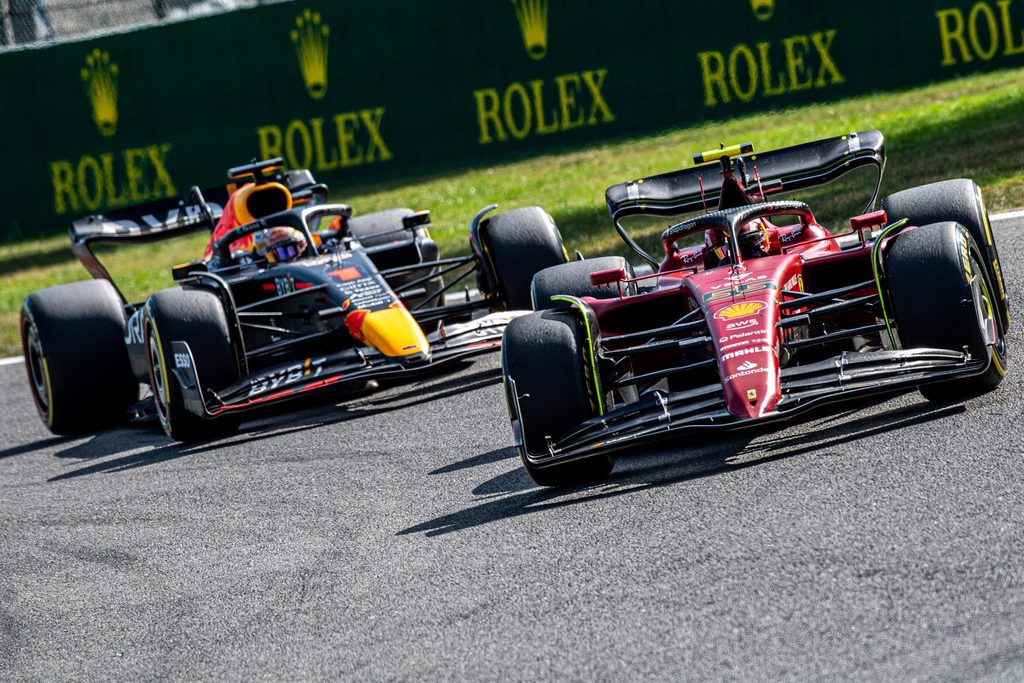The Belgian Formula 1 Grand Prix at Spa-Francorchamps emits over 28,000 tonnes of CO2 per year, a recent report into the racing event's carbon footprint revealed.
As reported by the Belgian magazine Imagine, the Grand Prix's carbon emissions are close to 3,000 times as much as the average Walloon, who emits 9.4 tonnes of CO2 per year.
The magazine also alleged that Formula One management failed to account for spectator travel when calculating the carbon footprint of the Grand Prix. This can dramatically increase the overall carbon footprint of the event, with some fans travelling miles to view the race. In fact, analysts believe that this factor is the primary source of the Belgian GP's CO2 emissions.
The report's authors regard the F1's net-zero carbon target by 2030 as “untenable” if the substantial secondary carbon costs are factored into the calculation. The race in Spa takes place this year on Sunday 30 July.
Related News
- Teenage race car driver dies in high-speed crash at Spa-Francorchamps
- EU auditors see 2030 climate and energy targets at risk
- Belgium's efforts to meet EU climate objectives jeopardised by costs dispute
These environmental issues led Imagine (which is dedicated to an investigative exploration of current affairs) to consider whether the more than €190 million allocated by the Walloon government to the circuit in the past 20 years had been well spent. This amount had also been previously criticised by the Belgian Court of Audit and Wallonia's Financial Information Unit.
Government officials and the race track argue that the Grand Prix is a net benefit to the region's economy. Indeed, a previous study by law firm Deloitte stated that for every euro invested by public authorities, the racing event generates €7.33 for Wallonia and €9.67 for the whole country.

Belgian PM Alexander De Croo (L) and Wallonia's Minister-President Elio Di Rupo (R) pictured with FIA's chairman Mohammed Ben Sulayem and F1 world champion Max Verstappen. Credit: Belga / Jonas Roosens
However, that report has come under criticism, with Imagine questioning its methodology and pointing out that it was commissioned by the organisers of the Grand Prix. The document has remained confidential since it was released, with the circuit's managers consistently showing a lack of transparency.
The Grand Prix's environmental permit, for example, was issued in 2012 despite "no environmental report making it possible to understand the state of implementation of these impositions having been made public since then."

